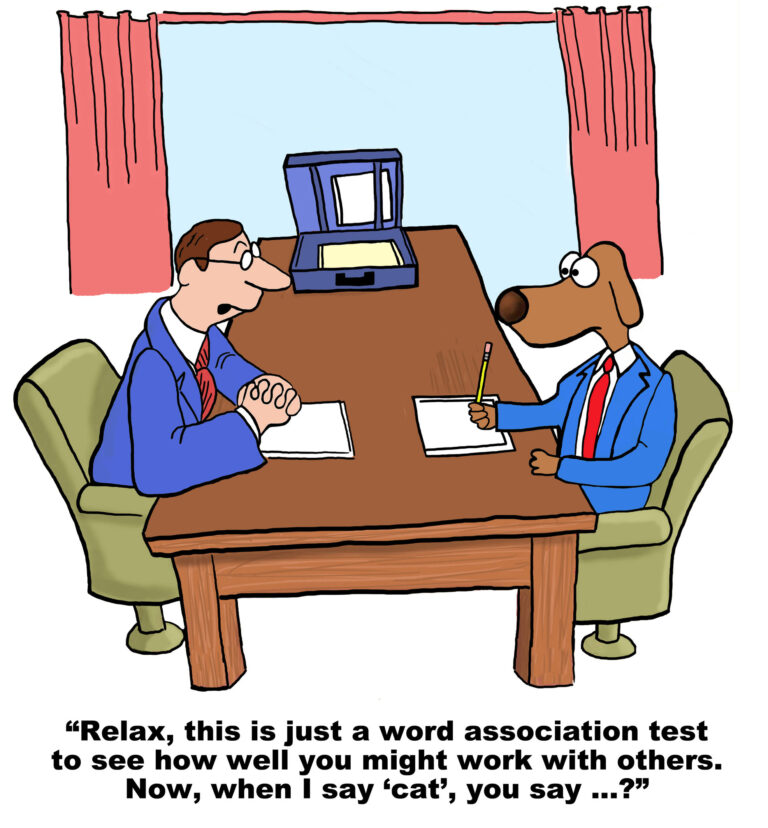Recently, I was presenting on the subjects of Surgeon Wellness and Peer Coaching when a friend and colleague on the faculty noted that he doesn’t like the term Wellness. I love the term for two reasons:
- Wellness focuses on the positive.
- I believe Wellness should apply to all of us, whereas the term burnout might only apply to 50% of us. Even within that 50%, many surgeons won’t acknowledge that they could be experiencing burnout symptoms from their workplace or career.
His comment made me think.
For the last 7 years I have been presenting my perspective on topics like resilience, well-being, second victim syndrome, and work-life balance (what I call work-life rhythm). I have yet to find a consistently safe term to use for any of these subjects. Each term creates defensiveness, anger, or some other negative reaction from some in the audience.
Why is that? I have a theory.

All of us have an opinion on what are the right terms to use when discussing burnout, moral injury, physician wellness or physician distress, and so on. I believe they’re all valid. I also believe that what we use has a lot to do with our personal experiences and implicit biases.
My theory is this: THE MESSENGER MATTERS.
One particular surgeon in the SurgeonMasters Coach Training program hates the term burnout. Yet when I use the word, he doesn’t appear to bristle and he listens to the point I’m making. He still appears to value what I have to say, even if my language doesn’t match his. He likely feels that we have a common goal and intent. The messenger matters.
When a surgeon hears the phrase wellness or burnout from an administrator, we can become defensive or skeptical.
It can feel insincere when the programs, options, and budget to address our well-being are trivial compared to the burdens they perpetrate or perpetuate. Instead we see additional administrative burdens, more complexity to the EMR, and decreasing autonomy.
Again, we find the messenger matters. Do they genuinely care about our well-being?
I find when I’m working with a surgeon coaching client, our rapport develops quickly, we avoid defensiveness, and we can focus on their agenda. That relationship is built with a focus on the client and a genuine concern for their performance improvement and well-being.
Where there is doubt, we will argue over the terms. Where there is trust, we can use all of the terms we need to focus on making all of it better.
What I want you to take away is the importance of these conversations, regardless of the language we use.
Have a conversation within a community you trust.
